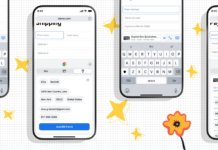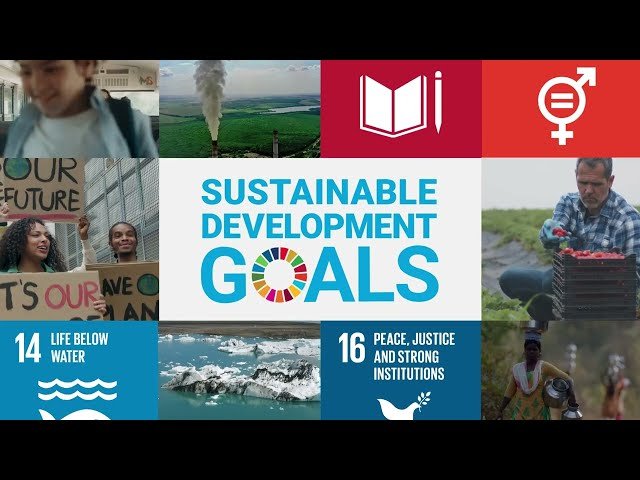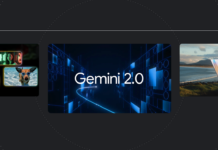One Year Anniversary of Google and UN Collaboration to Make Data More Accessible
One year ago, Google announced a groundbreaking collaboration with the Statistics Division of the United Nations Department of Economic and Social Affairs (UN DESA). The primary aim of this partnership was to unify and simplify access to vast amounts of data scattered across the UN system. Previously, this data was fragmented and challenging to access, making it difficult for policymakers, non-governmental organizations (NGOs), and citizens to make well-informed decisions.
In response to this challenge, Google’s Data Commons team and the UN, with funding from Google.org, co-developed the UN Data Commons for the Sustainable Development Goals (SDGs). This platform serves as a centralized hub leveraging digital and artificial intelligence (AI) capabilities to facilitate the implementation of the SDGs. By fostering a collaborative data culture across various agencies, it aims to provide significant insights and support data-driven decision-making.
In line with this year’s United Nations General Assembly (UNGA) theme, "Accelerating Solutions and Creating a Resilient Digital Future," the UN is expanding the Data Commons initiative to include many additional agencies. Recent collaborations with the United Nations International Computing Centre (UNICC) will enable the initial work with UN DESA to be scaled across all UN agencies, including the World Health Organization (WHO), the International Labour Organization (ILO), and UNICEF. This initiative aligns directly with the UN Secretary-General’s data strategy, which seeks to deliver data-driven solutions across critical areas such as climate, health, and agriculture.
"UN Data Commons for the SDGs doesn’t just provide access to crucial information; it democratizes insights,” says Stefan Schweinfest, Director of the United Nations Statistics Division. “Through an interactive AI interface, unified access, and clear visualization, the platform aims to empower users to explore trends, make comparisons, and ultimately make more informed decisions for a better world. It’s a testament to the power of open data to drive understanding, innovation, and, ultimately, progress towards the Sustainable Development Goals."
With just six years remaining until the UN’s ambitious 2030 target, the latest SDG report illustrates that more than 80% of the SDGs are still off track. While commendable progress has been made, stronger and more effective action is needed to address critical global issues such as poverty, hunger, clean energy, and gender equity. By expanding into additional agencies, it is hoped that the UN Data Commons for the SDGs will continue to lower data barriers and chart a clear path to 2030.
What is Data Commons?
For those unfamiliar, Data Commons is a Google initiative that aggregates and standardizes data from a variety of sources to make it more accessible and useful. The data covers a wide range of topics, including economics, health, and the environment. By bringing this data together, Data Commons aims to provide a more comprehensive view of important trends and issues.
Why This Collaboration Matters
Before this collaboration, accessing UN data was a cumbersome process. The information was spread across multiple platforms, each with its own format and access protocols. This fragmentation made it difficult for users to obtain a holistic view of the data, thereby hampering effective decision-making. The UN Data Commons for the SDGs solves this problem by providing a unified platform where users can easily access and analyze data from various UN agencies.
How It Works
The UN Data Commons platform leverages advanced AI and machine learning technologies to process and visualize data. Users can interact with the data through an intuitive interface that allows for easy exploration and comparison of trends. This democratization of data means that even those without a background in data science can gain valuable insights.
Impact and Future Plans
The expansion of the Data Commons initiative to include more UN agencies marks a significant step forward. By integrating data from organizations like WHO, ILO, and UNICEF, the platform will provide an even richer dataset for analysis. This will enable better-informed decisions in critical areas such as public health, labor markets, and child welfare.
The UN Secretary-General’s data strategy emphasizes the importance of data-driven solutions in tackling global challenges. By providing a centralized platform for data access and analysis, the UN Data Commons for the SDGs aligns perfectly with this strategy. It aims to deliver actionable insights that can drive progress in areas like climate change, health, and agriculture.
User Reactions and Reviews
Early feedback from users has been overwhelmingly positive. Policymakers appreciate the ease with which they can now access and analyze data. NGOs find the platform invaluable for planning and executing their programs. Even everyday citizens have found the platform useful for staying informed about global issues.
Challenges and Opportunities
Despite its success, the UN Data Commons for the SDGs faces challenges. One of the main hurdles is ensuring data quality and consistency across various sources. Efforts are ongoing to standardize data formats and improve data collection methods.
On the flip side, the platform offers numerous opportunities for innovation. By making data more accessible, it opens the door for new research and solutions. The integration of AI and machine learning technologies also means that the platform will continue to evolve, offering even more advanced features in the future.
Conclusion
The collaboration between Google and the UN represents a significant milestone in the quest for data-driven solutions to global challenges. By making data more accessible and easier to use, the UN Data Commons for the SDGs is empowering users to make more informed decisions. With the expansion of the initiative to include more UN agencies, the platform is set to play an even more crucial role in achieving the Sustainable Development Goals by 2030.
For more information, you can refer to the original announcement on the Google blog.
For more Information, Refer to this article.


































